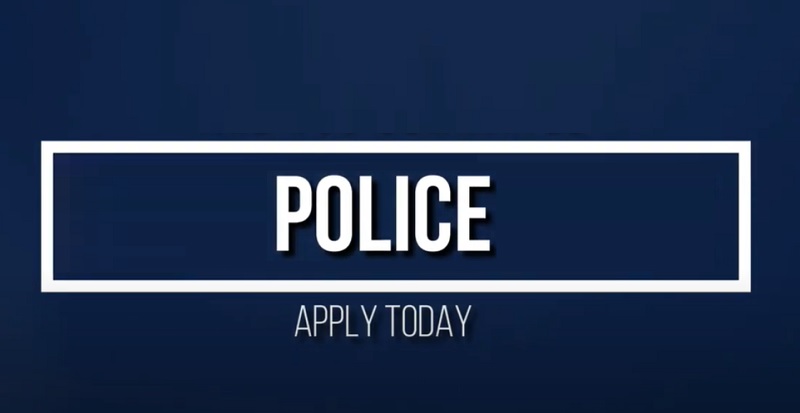
Police work has been an attractive employment prospect for a long time for a variety of reasons. Pay has improved, employment is relatively secure, pensions are offered, there are opportunities for promotion and varied assignments, and the job itself can be very rewarding despite its dangers. For most of the last generation, when an agency had an opening there was a line of eager applicants waiting to be offered the position.
The number of willing applicants afforded agencies the latitude to demand pristine backgrounds, high standards of drug-free conduct, high levels of physical fitness, and higher education requirements. Today many law enforcement agencies are having trouble recruiting those ideal candidates. For a variety of reasons, there is a recruiting and retention crisis among many agencies. Souring public opinion, a lower birth rate in the demographic of candidates, lifestyle preferences, lack of faith in the justice system, and lengthy hiring processes, and less generous pensions are among the factors blamed for police officers leaving the profession and candidates shunning a police career.
There have been times that certain agencies have struggled to find applicants when some areas of the country due to factors such as rapid population growth, minority recruiting mandates, and increased demand and expectations for police services.
An example of the haste and changing standards for hiring is the Miami Police Department. According to an analysis from the federal Office of Justice programs published in 2001. “In the late 1980’s, nearly 10 percent of the entire Miami Police Department (Florida) was suspended or fired after a drug-related scandal; this paper explores the events that led up to this corruption scandal, and lessons are drawn for other police agencies. Miami is first profiled as a city of change and unrest in the 1970’s and 1980’s, followed by an overview of the nature and impact of the Cuban migration to Miami beginning in the mid-1960’s, which included criminals released by Castro from Cuban jails for migration to the United States, ex-convicts, and nearly 600 immigrants with various mental illnesses. Next, the author examines the relaxed screening mechanisms for police applicants under consent decrees and affirmative action policies in the early 1980’s. Among the new officers recruited by the Miami Police Department (MPD) during a hiring blitz under lax standards was a group of officers who became known as the River Cops. These officers were eventually charged with a variety of State and Federal crimes, including using the MPD as a racketeering enterprise to commit such felonies as murder, threats that involved murder, civil rights violations, robbery, possession of narcotics, and various conspiracies. The officers were convicted of a variety of offenses and given prison sentences that averaged 23 years.”
In response, many agencies are changing their entry standards in an effort to fill the patrol cars on the nation’s streets. The Pennsylvania State Police has dropped college education requirements, the Oklahoma State Highway Patrol has lowered the minimum age for applicants from 23 to 21, and the New York State Police has increased its maximum age to sit for the entrance exam from 29 to 34. California and other states are mulling eliminating marijuana use from standards. Mississippi has reduced elimination for some criminal history. Fitness standards have been challenged in court and have often been ruled discriminatory. In Dalhart, TX, deaf officer Erica Trevino was hired. She has since been promoted to sergeant and has been named the recipient of the prestigious 2023 State of Texas Law Enforcement Achievement Award for Public Service. There are other changes in hiring standards across the country, the results of which are yet to be measured.
It is entirely possible that looking for Captain America and Wonder Woman candidates was never a realistic or necessary standard. The real test of a qualified candidate is how they perform in the world of law enforcement. Proper indoctrination in high ethical standards, excellent basic training, rigorous field training, and ongoing monitoring and supervision could remedy most of any deficit in the new field of police hires. Let’s hope so.